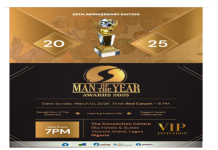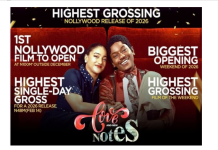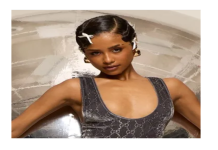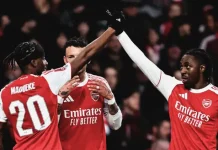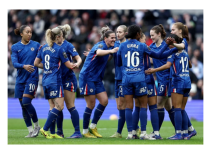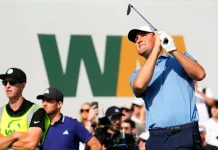Nigeria’s music scene may shine globally—Afrobeats stars headline festivals in London, New York, and Paris—but behind the hits lies a troubling paradox: marketing music at home has become painfully expensive, yet the returns remain frustratingly slim.
A Gold Rush That Feels Like a Gamble
With the rise of streaming and social platforms, Nigerian artists now compete in an oversaturated arena where hundreds of tracks drop daily. Visibility is the new currency, and cutting through the noise demands deep pockets. Pulse Nigeria reports that marketing a single track can cost up to $20,000 in digital ads alone.
Social media influencers charge staggering fees: Instagram endorsements run into millions of naira, while TikTok dance creators pocket ₦3–5 million per campaign. Even traditional outlets like radio and TV, once accessible, now command astronomical rates for airtime.
Music Videos: From Affordable to Astronomical
Veteran singer Timaya revealed that music videos that once cost ₦1.5 million now swallow ₦50–100 million, thanks to escalating production values and the need for heavy promotion. For up-and-coming artists, such costs are an impossible mountain to climb.
A Game of Numbers, Not Connection
Marketing has become a chase for metrics—viral TikTok dances, influencer shout-outs, chart placements—but these “flash” numbers rarely translate into meaningful revenue. Experts warn that audiences are experiencing marketing fatigue: overwhelmed by content blitzes that attract clicks but fail to build loyal fan bases.
As one industry analyst bluntly put it: “It’s numbers over storytelling. The streams may come, but the soul of the music gets lost.”
Structural Cracks in Nigeria’s Music Economy
Beyond the cost of promotion, systemic problems cripple local returns. Weak royalty collection systems, rampant piracy, and unstable revenue streams limit artists’ ability to earn from their craft. Domestic touring, a traditional lifeline for musicians, is stunted by poor infrastructure and inadequate venues.
No wonder many Nigerian acts, from Burna Boy to Tems, prioritize foreign markets where revenue streams, currency strength, and infrastructure are more favorable.
The Indie Artist’s Dilemma
For independent musicians, the ROI is brutal. One marketer calculated that spending $800 on ads in Nigeria might yield just 80,000 streams—far below break-even levels. On Reddit, frustrated artists lamented: “You can spend millions and still barely get seen.”
A Few Bright Spots
Yet, hope glimmers. Initiatives like emPawa Africa (founded by Mr Eazi) provide grants and mentorship to emerging talent. Global interest in Afrobeats is also sparking infrastructure investments, including Nigeria’s first purpose-built entertainment arena expected to launch in 2025.
The Bottom Line
Nigeria’s music marketing landscape is a double-edged sword:
The Costs: Astronomical budgets for ads, influencers, and visuals.
The Returns: Slim revenue due to saturation, weak structures, and superficial engagement.
The Future: To break the cycle, Nigeria’s industry needs stronger institutions, fairer royalty systems, and more sustainable models for both stars and strivers.
Until then, music marketing here remains a glittering gamble—high on spending, but often low on reward.


